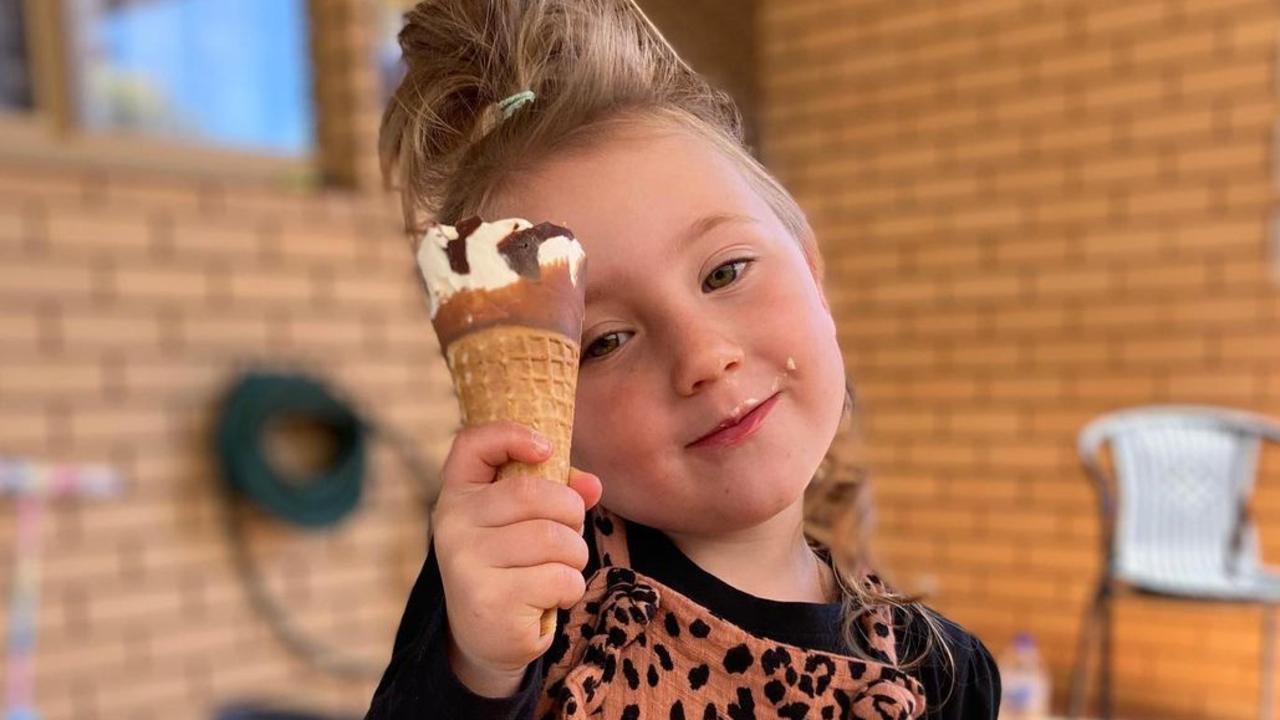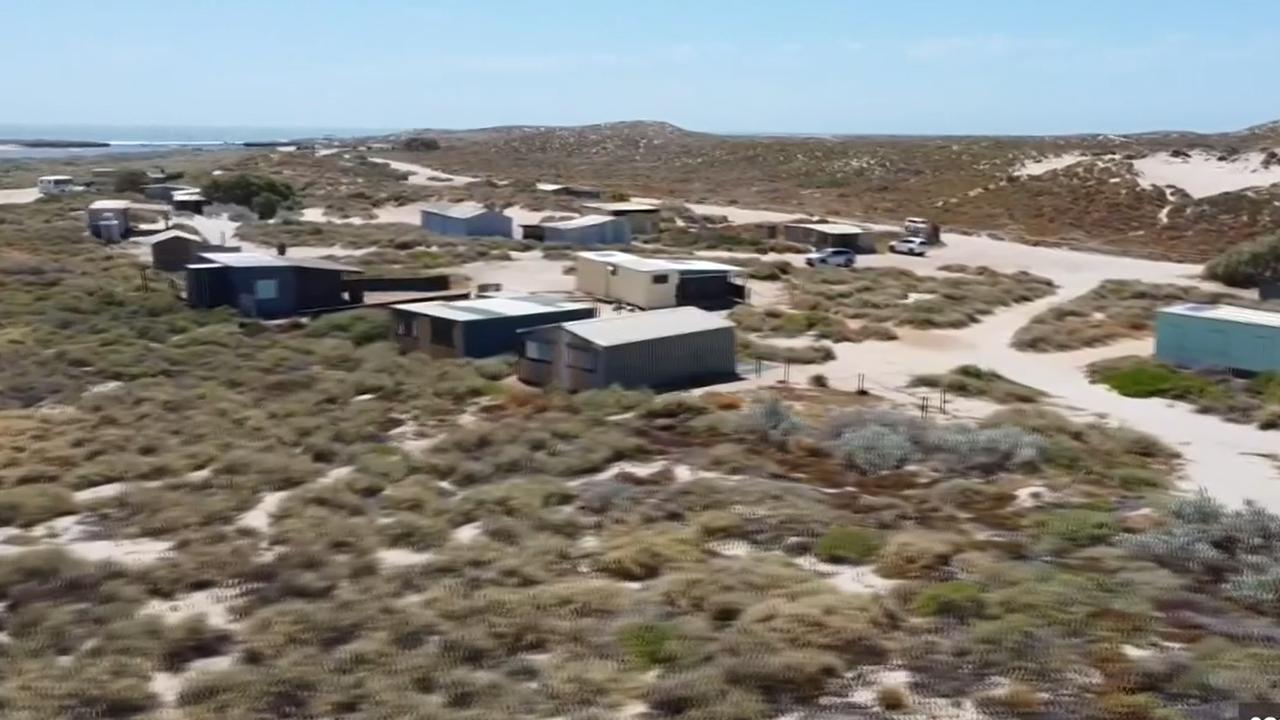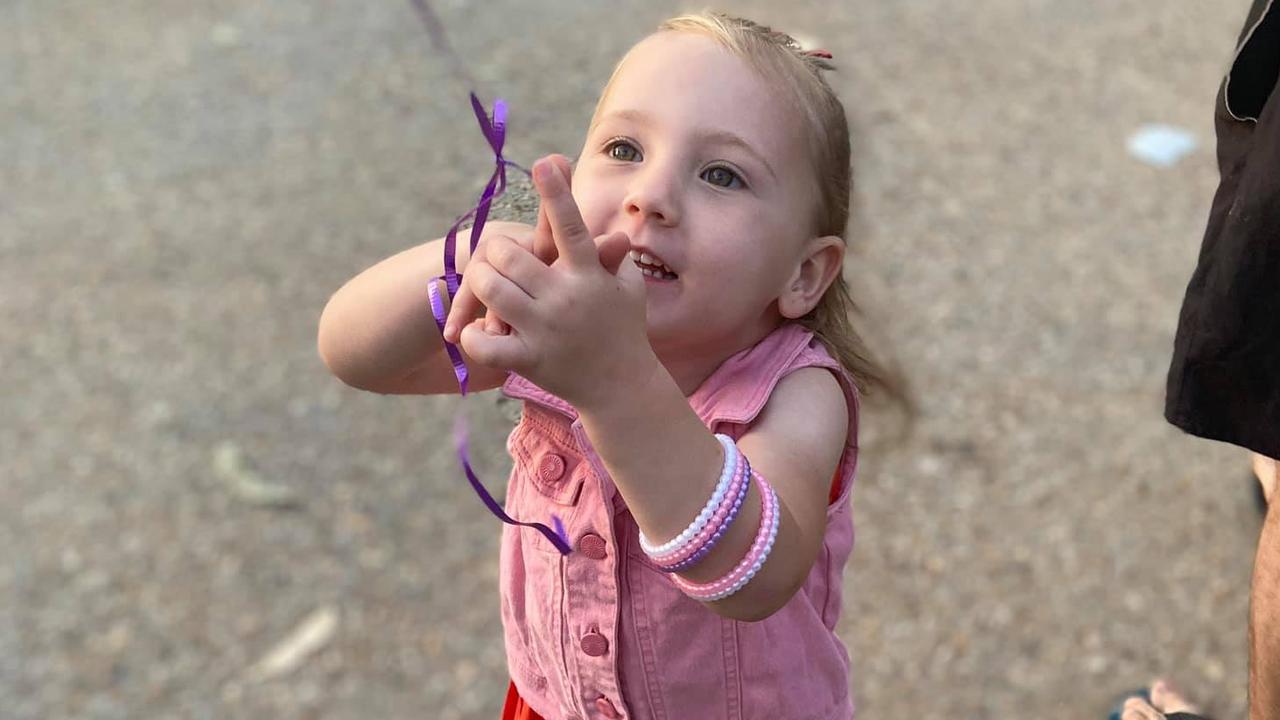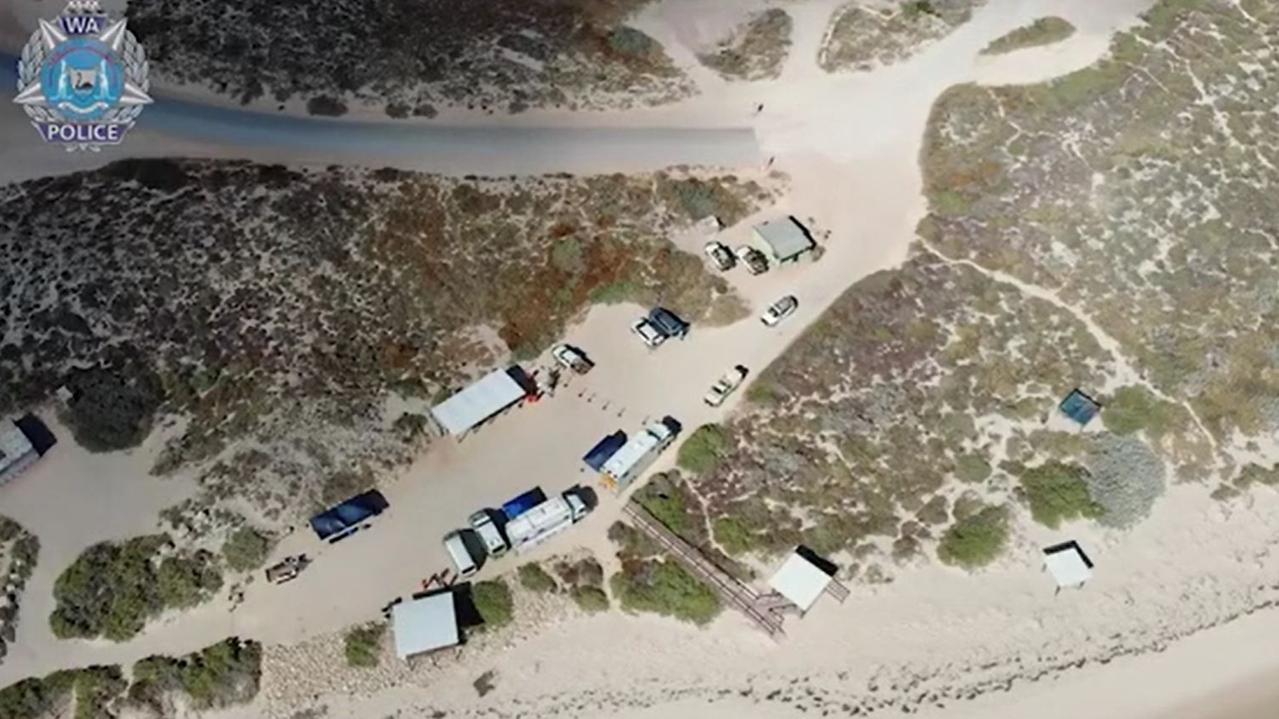AFP set to access footage from satellite spy cameras in search for Cleo Smith
The Australian Federal Police have reportedly sought to access images from high-resolution satellite cameras as part of a hi-tech bid to find Cleo Smith.
High-resolution satellite imagery could hold the vital key to tracking down missing four-year-old Cleo Smith, who has not been seen since disappearing from a remote campsite two weeks ago.
The Australian Federal Police may be able to access crucial images from spy satellites that were passing above the Blowholes campsite, north of Carnarvon, the morning of October 16 when Cleo vanished.
So far, the AFP’s contribution to the search has been shrouded in secrecy, though the Prime Minister has been spruiking their advanced technological capabilities.
“The AFP have some very advanced capabilities, leading edge, not just here in Australia, but all around the world and as much as I’d love to reveal exactly what some of those are and how they’re being used, we certainly can’t talk about that on air,” Prime Minister Scott Morrison told 6PR.

If the right high-resolution satellites were above the campsite in the hours Cleo disappeared, authorities could use the “very advanced” technology to retrospectively access the make and model of a car, WA Today reported.
While “tons” of satellites were constantly passing overhead however, the high-resolution ones were not as frequent, and typically only passed over about twice per day, Australian National University astrophysicist Brad Tucker said.
“If they think there was something during the day at the campsite that was present on the day Cleo went missing, such as a car, they [the AFP] may be trying to use satellite imagery to track down a timeline,” he told the publication.
“There is a strong chance they may have gotten something, it may not have been the highest resolution, but it could have been something.”

AFP officers assisting WA Police in the broadscale search also have clearance to secretly access people’s devices, computers and online networks without a warrant.
They could also request data from GPS location data of mobile phones in the area surrounding the Quobba Blowholes phone tower in the time frame Cleo was taken.
Police have confirmed they were now working on the belief Cleo was abducted from her family’s tent between the hours of 1.30am and 6am on October 16.
Two witnesses spotted a car turning right off Blowholes Road and heading south between 3am and 3.30am, while witnesses at the campsite also reported hearing tyres skidding about 3am.
Detective Superintendent Rod Wilde said police were still working to determine who was in the vehicle at the time and what they were doing.

“What we’re hoping for is the persons that were in that vehicle to come forward and make themselves known to police so we can speak to them,” Superintendent Wilde said.
“We want to speak to the driver and persons in the vehicle, if there was more than one, to establish what exactly was going on and what they were doing. They’re not a suspect, we just want to establish who they were and what they were doing.”
The ongoing search, which now has a $1 million reward attached to it, has prompted a warning from an Aboriginal elder to inexperienced searchers.
Traditional land owner Hazel Walgar told Perth Now she had serious concerns for anyone attempting to find Cleo in the “really rugged terrain”.
“One of the main things we thought about when the little girl went missing is we hope she didn’t come along this track — it’s no man’s land,” she told the publication.

“I have concerns about people who are not experienced in searching. I hope nothing happens to them.”
Mrs Walgar, who lived close to Cleo’s family in South Carnarvon, said the little girl was “always waving and saying hello to us”.
More than 100 people in the vicinity of the campsite in the hours surrounding Cleo’s disappearance have been interviewed, while police had received reports of more than 200 possible sightings.
“Over 200 possible sightings which we followed through and it hasn’t turned out to be Cleo,” Superintendent Wilde said.





